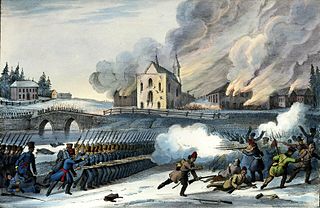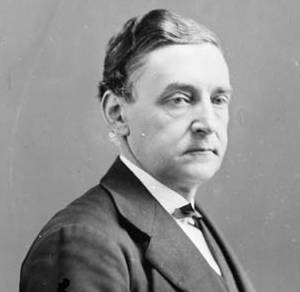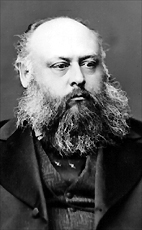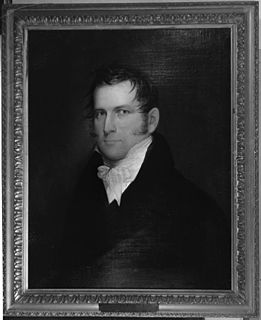John Pickel (before 1814 – 1860 or later) was a lawyer and political figure in Lower Canada. He represented William-Henry in the Legislative Assembly of Lower Canada from 1834 until the suspension of the constitution in 1838.
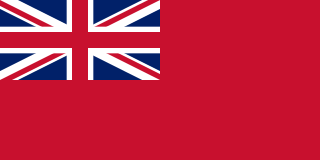
The Province of Lower Canada was a British colony on the lower Saint Lawrence River and the shores of the Gulf of Saint Lawrence (1791–1841). It covered the southern portion of the current-day Province of Quebec, Canada, and the Labrador region of the modern-day Province of Newfoundland and Labrador.
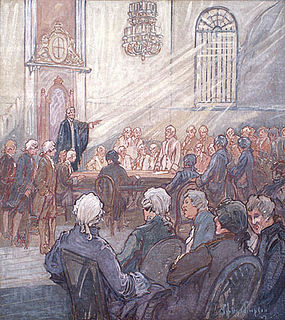
The Legislative Assembly of Lower Canada was the lower house of the bicameral structure of provincial government in Lower Canada until 1838. The legislative assembly was created by the Constitutional Act of 1791. The lower house consisted of elected legislative councillors who created bills to be passed up to the Legislative Council of Lower Canada, whose members were appointed by the governor general.
He was the son of John Pickel, a Montreal merchant of German descent. Pickel was called to the bar in 1830 and practised in Montreal until 1848 when he moved his practice to Quebec City. In 1838, he married Georgianna Maria Pozer, the niece of Jacob Pozer.
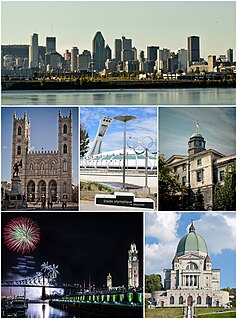
Montreal is the most populous municipality in the Canadian province of Quebec and the second-most populous municipality in Canada. Originally called Ville-Marie, or "City of Mary", it is named after Mount Royal, the triple-peaked hill in the heart of the city. The city is centred on the Island of Montreal, which took its name from the same source as the city, and a few much smaller peripheral islands, the largest of which is Île Bizard. It has a distinct four-season continental climate with warm to hot summers and cold, snowy winters.

Germany, officially the Federal Republic of Germany, is a country in Central and Western Europe, lying between the Baltic and North Seas to the north, and the Alps to the south. It borders Denmark to the north, Poland and the Czech Republic to the east, Austria and Switzerland to the south, France to the southwest, and Luxembourg, Belgium and the Netherlands to the west.

Quebec City, officially Québec, is the capital city of the Canadian province of Quebec. The city had a population estimate of 531,902 in July 2016, and the metropolitan area had a population of 800,296 in July 2016, making it the second largest city in Quebec after Montreal, and the seventh largest metropolitan area and eleventh largest city in the country.

